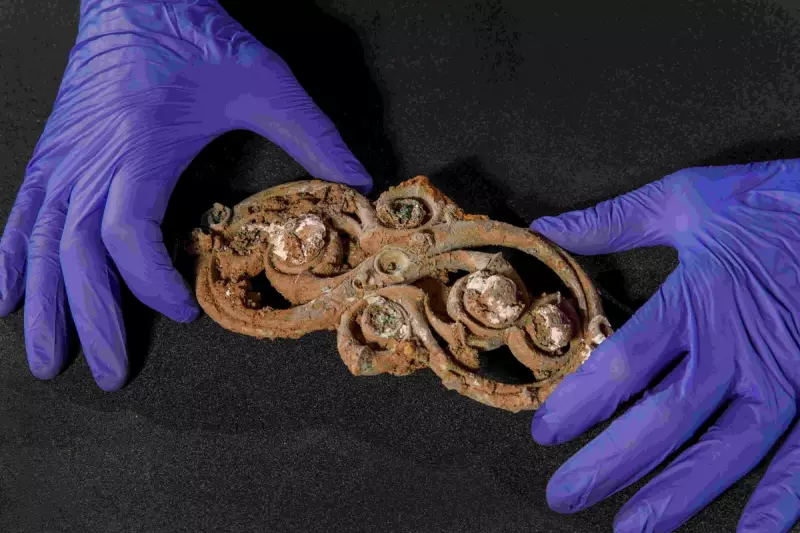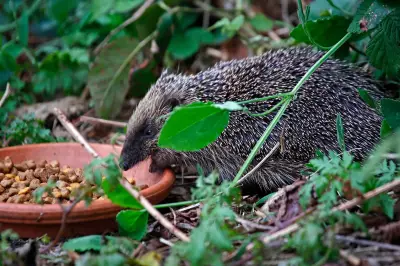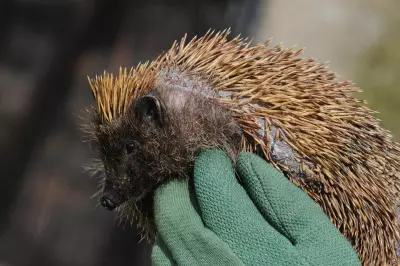
Archaeologists from Durham University have made a remarkable discovery in North Yorkshire, unearthing a well-preserved Iron Age settlement that offers a fascinating window into ancient British life. The excavation site, located near the village of Scorton, has revealed a wealth of artefacts and structural remains dating back over 2,000 years.
A Time Capsule from the Iron Age
The team uncovered the foundations of several roundhouses, along with pottery fragments, tools, and evidence of metalworking. These findings suggest the settlement was home to a thriving community engaged in agriculture and craft production.
Key Discoveries Include:
- Multiple roundhouse foundations indicating a substantial settlement
- Fragments of Iron Age pottery and cooking utensils
- Metalworking debris suggesting local craftsmanship
- Animal bones providing clues about diet and farming practices
Dr. Sarah Johnson, the lead archaeologist from Durham University, described the site as "exceptionally well-preserved" and noted that it provides "valuable new information about daily life in Iron Age Britain."
Why This Discovery Matters
This excavation sheds new light on the Iron Age period in northern England, a time when communities were transitioning from Bronze Age technologies to iron tools and weapons. The settlement's location near the River Swale suggests it may have been an important trading post in the region.
The team plans to conduct further analysis of the artefacts and soil samples, which could reveal more about the settlement's economy, trade networks, and environmental conditions during the Iron Age.
This discovery comes as part of a larger research project investigating Iron Age settlements across northern England, funded by the Arts and Humanities Research Council.






